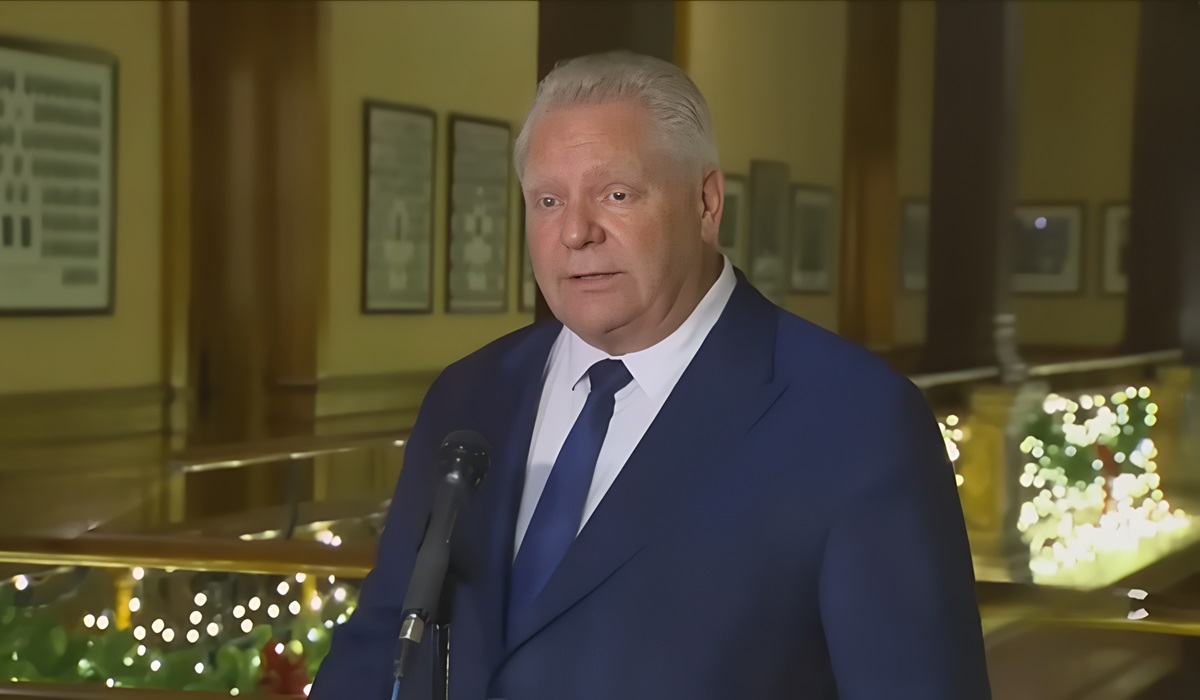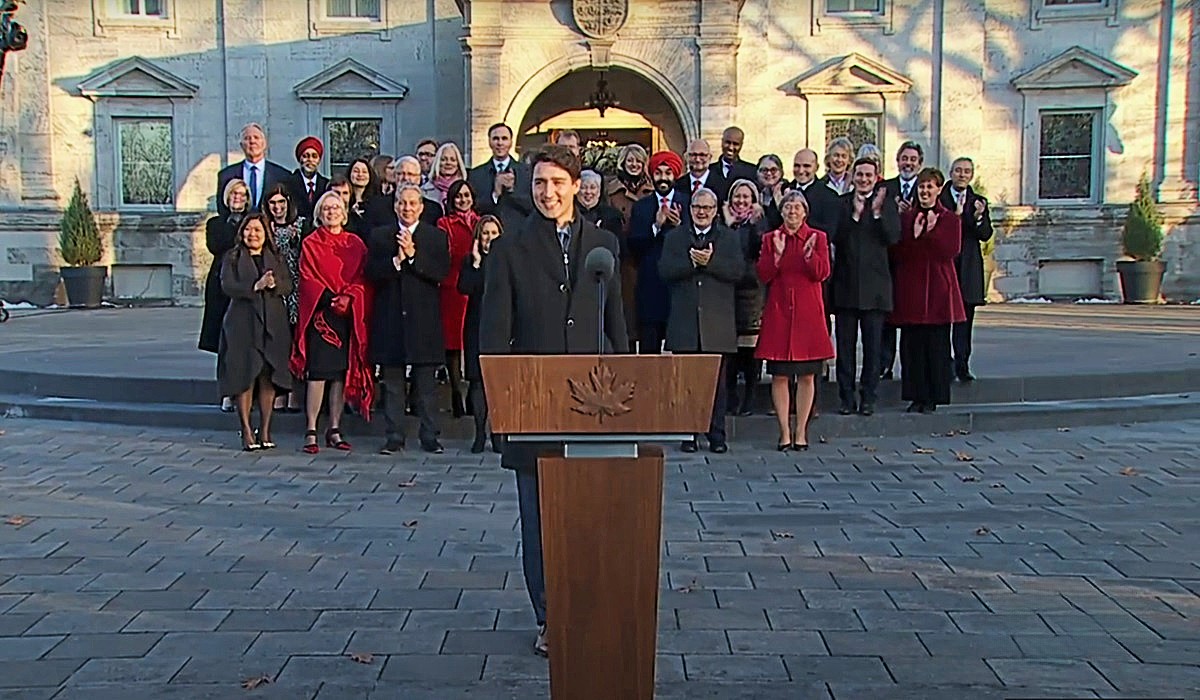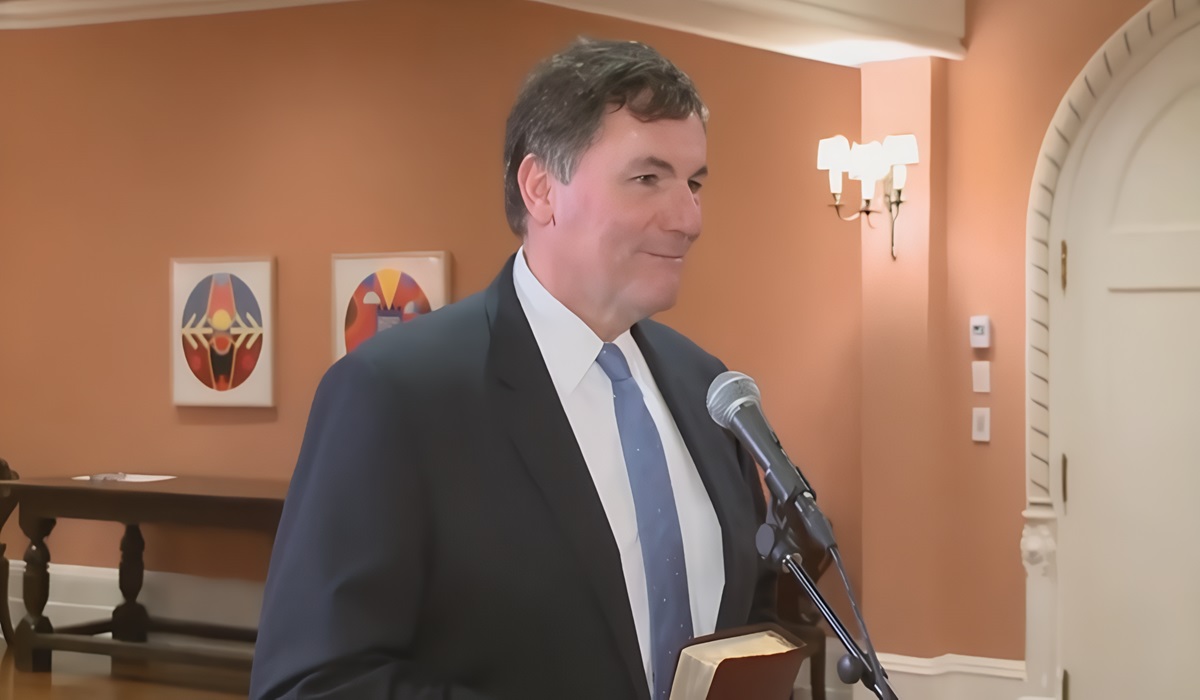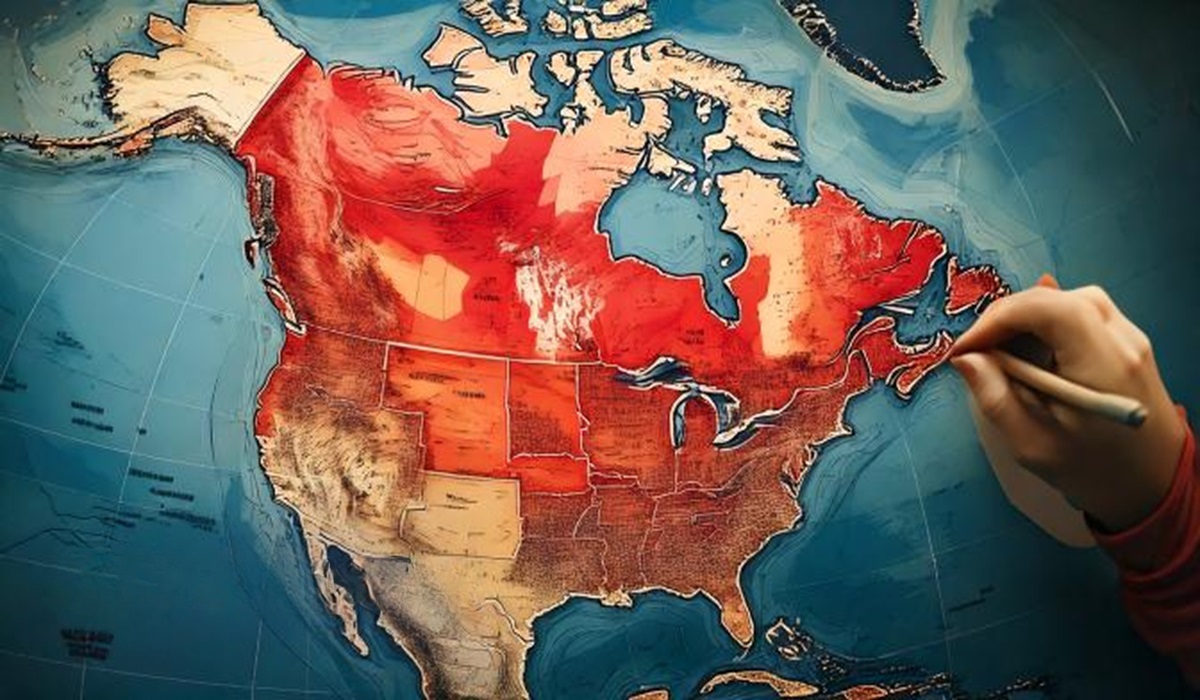182 Unmarked Graves Found At former Residential School Near Cranbrook, British Colombia
- Maryam Razzaq
- Canada
- Indigenous
- July 2, 2021
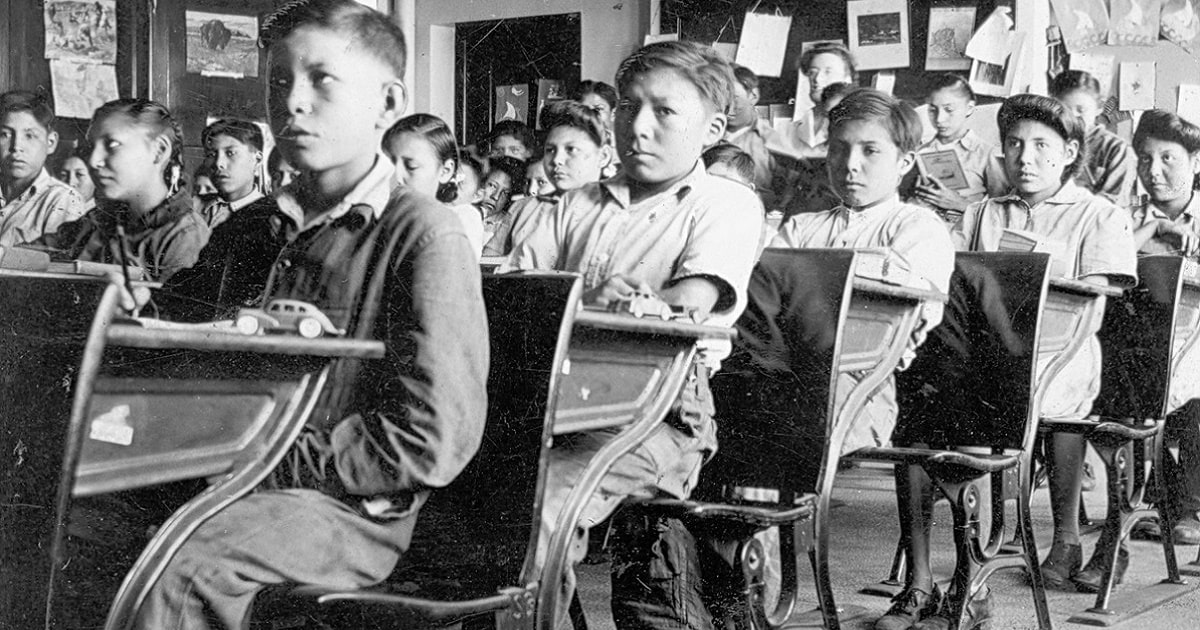
With the discovery of more mass graves of Indigenous children, comes a renewed sense of grief, sadness and trauma for Indigenous victims and survivors.
By Maryam Razzaq
In recent weeks, there have been hundreds of unmarked graves discovered at former Residential Schools across Canada. On June 30, the Lower Kootenay Band informed the public that they had found an additional 182 unmarked graves through ground-penetrating radar mapping. The graves contained the remains of children between the ages of 7 to 15 that were all forced to attend Residential School, St Eugene’s Mission School near Cranbrook, British Colombia, operated by the Catholic church.
From 1987-1996, Indigenous children had to attend Residential Schools as a form of forced assimilation in Canadian society to “kill the Indian in the child”.
With the discovery of more mass graves of Indigenous children comes a renewed sense of grief, sadness and trauma for Indigenous victims and survivors. Thousands of children are said to have died at Residential Schools across the country.
“We instil in them a pronounced distaste for the native life so that they will be humiliated when reminded of their origin. When they graduate from our institutions, the children have lost everything Native except their blood” said Bishop Vital Grandin in 1875 about the goal of Residential Schools.
While various churches were involved in running Residential Schools, the Roman Catholic church had a prominent role in the sexual, emotional, and physical abuse of Indigenous children. At the height of its operation, there were least 139 Residential Schools across Canada.
As such, with the growing discoveries of mass graves found at former Residential schools, there have been louder calls for the Catholic Church to take accountability for their role in one of the darkest chapters in Canadian history.
A few weeks ago, Prime Minister Trudeau asked the Pope to apologize to the Indigenous community on behalf of the Catholic Church. Although the Pope has declined to make an official apology, he has invited leaders of the Indigenous community to meet in December 2021 for further talks.
On November 24, 2017, Prime Minister Trudeau issued an official apology to the Indigenous community for the role Canada played in Residential Schools. The government also reached a financial settlement of over $3 billion dollars that were paid to 28,000 victims of Residential School abuse.
Indigenous leaders are emphasizing the lack of education about colonial genocide and the fact that, that if Indigenous children were old enough to be victims of genocide, then non-Indigenous children are old enough to learn it.
“Canadians generally have been led to believe – by what has been taught and not taught in school – the Aboriginal people were and are uncivilized, primitive, and inferior, and continue to need to be civilized.
“Canadians have been denied a full and proper education as to the nature of Aboriginal societies. They have not been well informed about initially between Aboriginal and non-Aboriginal peoples and the way that relationship has been over time by colonialism and racism.
“This lack of education and misinformation has led to misunderstanding and in, in some cases, hostility between Aboriginal and non-Aboriginal Canadians on matters of importance” outlined in They Came for the Children, Canada, Aboriginal Peoples and Residential Schools.
Some ways to express solidarity with Indigenous peoples are to:
- Learn about the history of the Indigenous Peoples of Canada.
- Review the Truth and Reconciliation report with a specific focus on the 94 Calls to Action.
- Hold elected officials responsible and demand actions on the 94 Calls to Actions outlined in the Truth and Reconciliation report.
As Canadians, we can love Canada but, we also despise the colonial genocide of the First Nation, Inuit and Métis communities. We can be proud Canadians and take time to learn and understand the history of the Indigenous peoples; including but not limited to the detrimental effects of the foster care system, the prison system, the lack of clean drinking water on reserves, the thousands and counting missing and murdered Indigenous Women.
Helplines for Indigenous Peoples:
- Indigenous Residential Schools Crisis Line, 1-866-925-4419
- Hope for Wellness Helpline, 1-866-242-3310
Image from the Library and Archive of Canada





